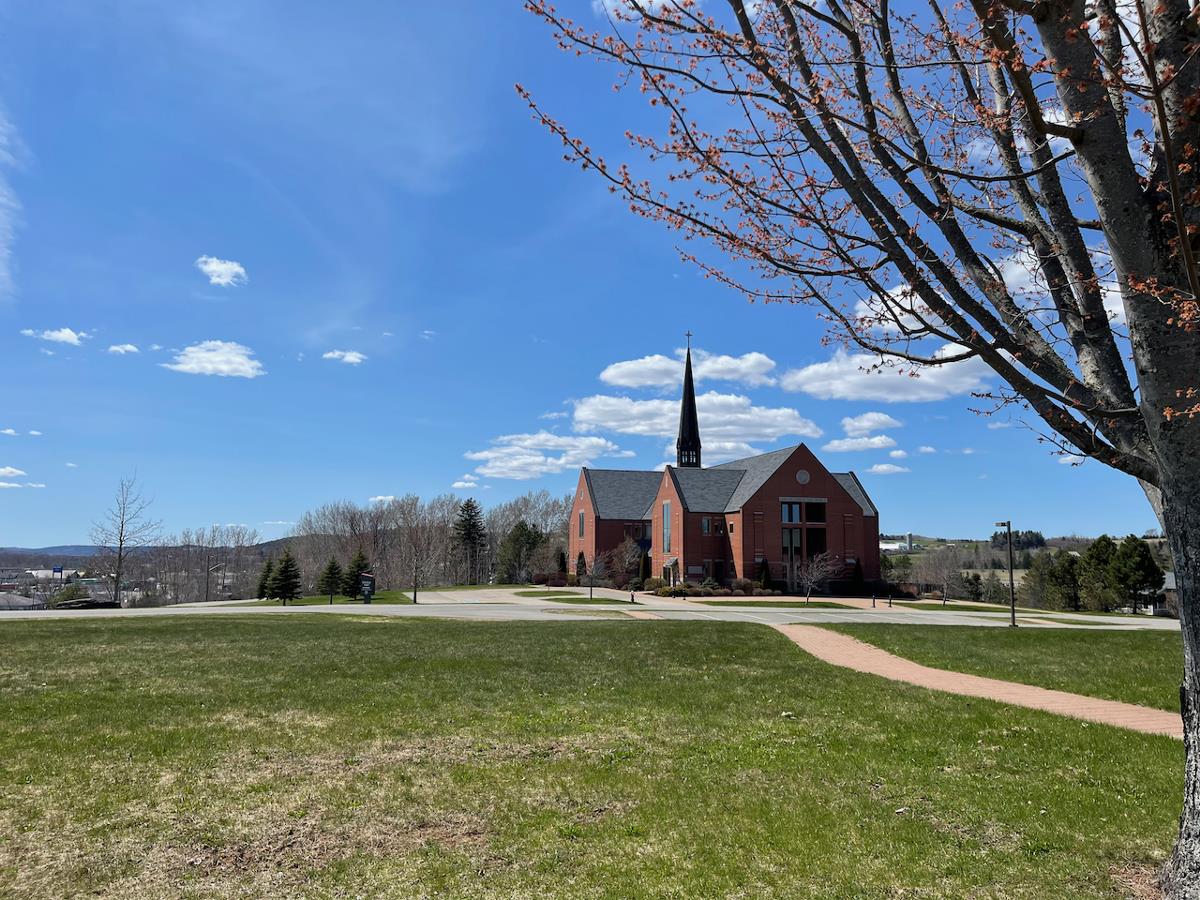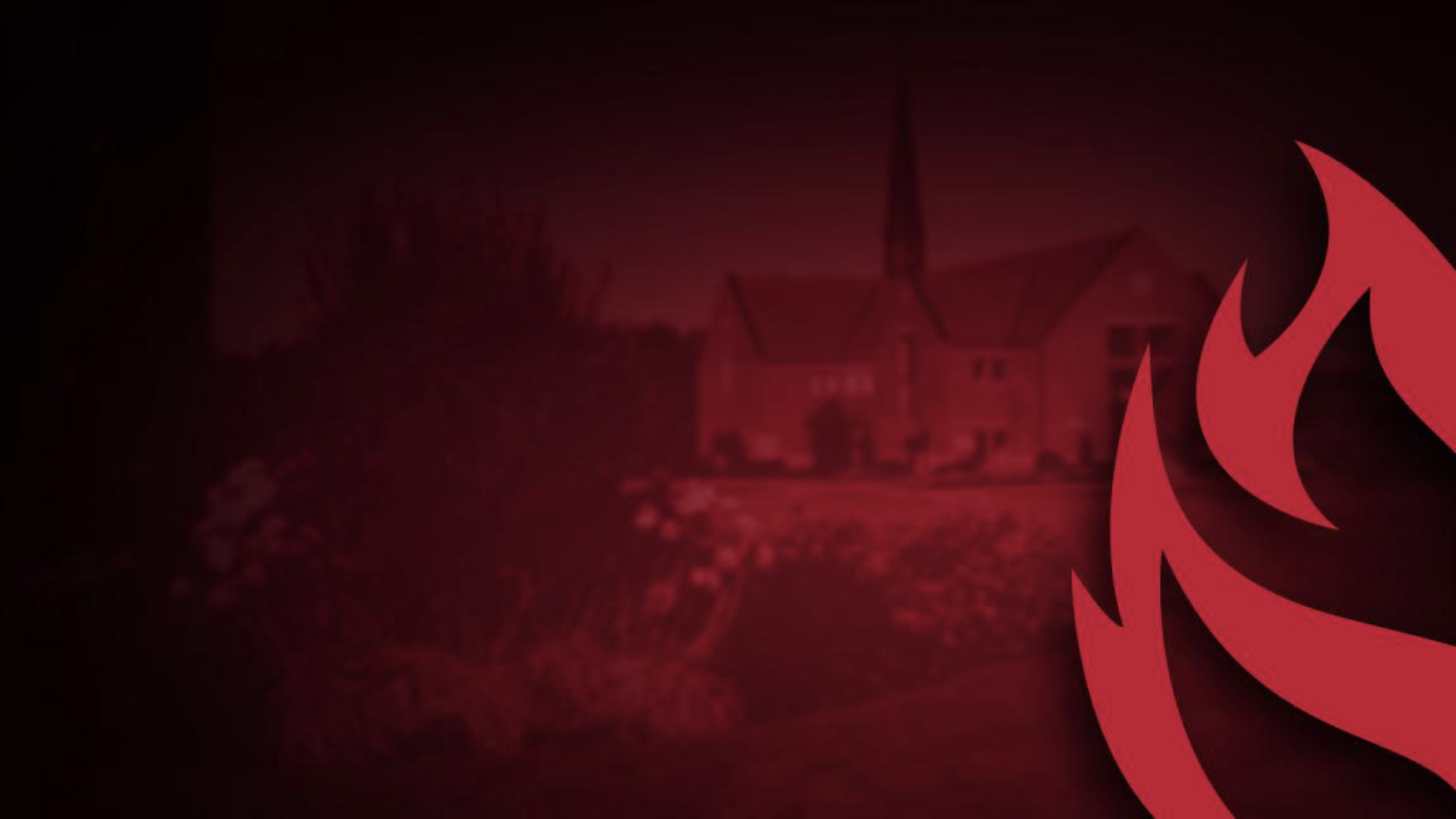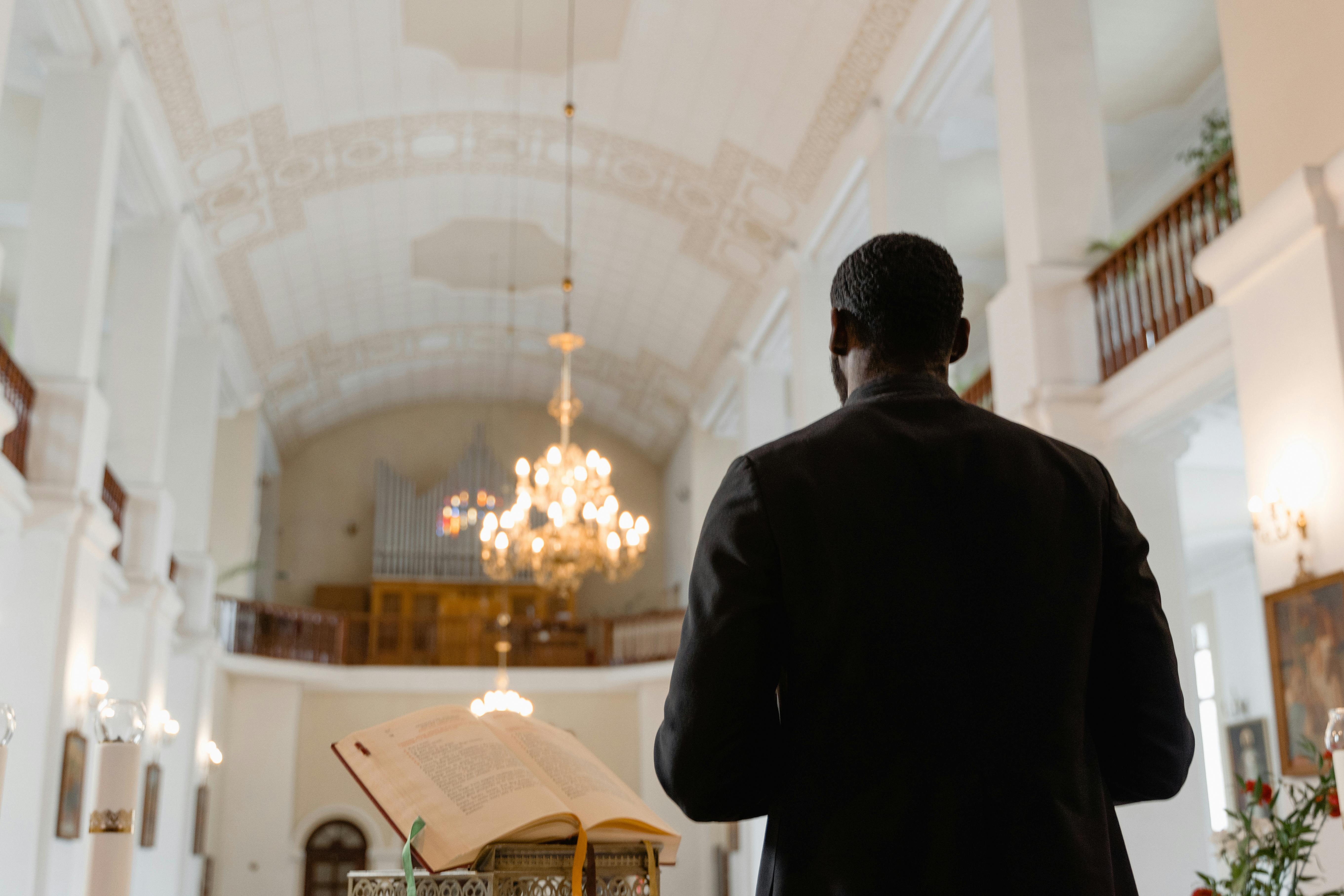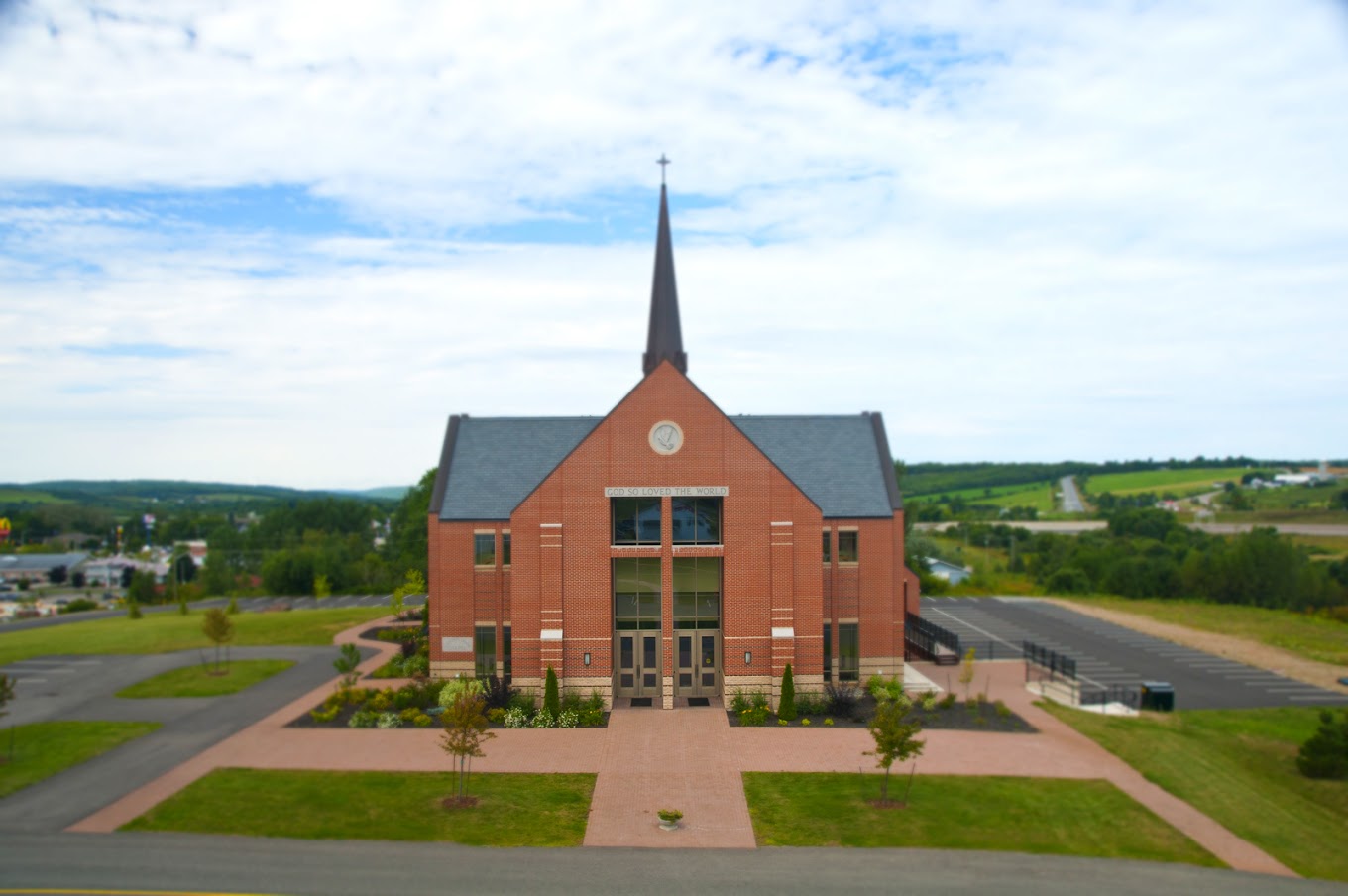
26 Courses
SFLab: Spiritual Formation Lab Term 5 2023-2024
This lab is required for students who did not earn a high enough grade in the previous semester's Spiritual Formation Component.

MIN500: Ministry Placement Term 5 2023-2024 - Section 4
This course is the hands-on ministry component of the Master of Arts (Pastoral Theology). During twelve months of the program, each master's student will invest a minimum of 20 hours per week in an approved ministry, on a paid or volunteer basis. Monthly reflective reports will be submitted to the Program Director. Students who choose to complete the degree in two years may reduce their ministry hours to ten hours per week over two years.

MIN500: Ministry Placement Term 5 2023-2024 - Section 3
This course is the hands-on ministry component of the Master of Arts (Pastoral Theology). During twelve months of the program, each master's student will invest a minimum of 20 hours per week in an approved ministry, on a paid or volunteer basis. Monthly reflective reports will be submitted to the Program Director. Students who choose to complete the degree in two years may reduce their ministry hours to ten hours per week over two years.

PM506: Capstone Project Term 5 2023-2024
This course allows students to integrate and apply in a working preaching/teaching model the principles, insights and skills they have learned in each of the M.A. courses.

HI551: Church History Term 5 2023-2024
This course provides a survey of the history of the Christian Church from its birth to the present day in the context of world history. Attention is given to how the past impacts present and future ministry.

PSPM551: Introduction to Counselling Term 5 2023-2024
This course gives an overview of counselling theory, and reviews and practices skills of being a good helper and counsellor. The integration of theology and psychology is considered and foundational understanding of people and what is needed to promote healing is studied and practiced.
P451: Research Assistant Term 5 2023-2024
Participant will work with a professor in conducting research on an assigned topic. Participant will also interact with at least one other student in teaching research skills.

P000: Practicum Term 5 2023-2024
This course is a generic placeholder for practicums which will be replaced by a specific course when the student contract is approved. Practicum assignments are designed to allow students to integrate classroom learning and practical ministry.

TH306: Christian Doctrine II Term 5 2023-2024
This course is a continuation of Christian Doctrine I, focusing on a systematic treatment of the doctrines regarding the person and work of Jesus Christ, the atonement, the nature and function of the Holy Spirit in the life of the believer, sanctification and the Christian life, the nature of the church, and eschatology.

PSPM413: Multicultural Counselling Term 5 2023-2024
This course presents concepts regarding competent multicultural counselling. Counselling practices surrounding major ethnic groups are studied in-depth. The overarching cultural context of relationships, including factors such as age, race, gender, sexual orientation, religious and spiritual values, family values, and socioeconomic status are examined. Multicultural counselling theories are considered in the area of client work. Likewise, counsellor self-awareness toward the management of biases, prejudice, discrimination, and the like will be addressed.

PSPM301: Introduction to Counselling Term 5 2023-2024
This course gives an overview of counselling theory, and reviews and practices skills of being a good helper and counsellor. The integration of theology and psychology is considered and foundational understanding of people and what is needed to promote healing is studied and practiced.

NT205: Gospels Term 5 2023-2024
This course centres on the life of Christ as seen through a careful study of the Gospels of Matthew, Mark, Luke and John. Particular attention is given to the unique historical and theological contributions of each of the Gospels. Key themes are surveyed.
NT101: Biblical Literature II Term 5 2023-2024
This course is a comprehensive survey of the New Testament. Problems relating to its proper understanding are considered.
MIN105: Spiritual Formation Term 5 2023-2024
This course introduces students to the concepts of holistic Christian spiritual formation and historic spiritual practices for spiritual growth. Personal spiritual assessment and opportunity for developing a practical plan for personal spiritual formation are also emphasized.
HI403: Wesleyan History & Discipline Term 5 2023-2024
This course traces the history of the Methodist Wesleyan movement, with a focus on the development of today’s Wesleyan Church, and how the past affects the church’s ministry today. The course also assists in the understanding and application of The Discipline.

PM302: Expository Preaching Term 5 2023-2024
This course builds on the skills developed in Homiletics by offering additional training in the art of preparing and preaching an expository sermon in the context of a post-Christian society.

GE120: Online Orientation Term 5 2023-2024
This course helps prepare students for success as an online student. It is required for all students before taking their first online course through Kingswood Extended.

SF: Spiritual Formation Component Term 5 2023-2024
This course is where students report participation in the required spiritual formation activities each week.
